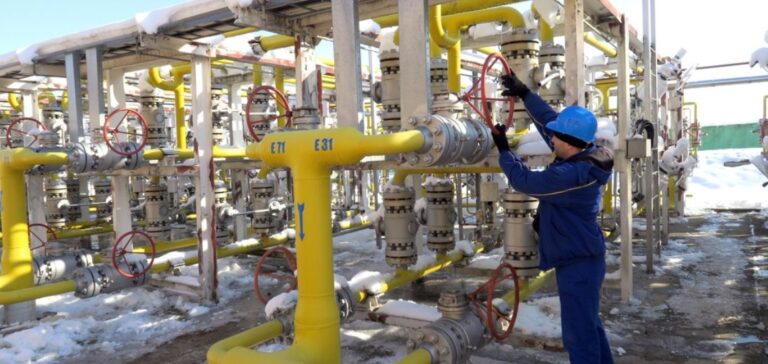In April 2022, Bulgaria was one of the first countries to suffer gas supply cuts from Gazprom due to its refusal to pay in rubles, a requirement imposed by the Kremlin in response to Western sanctions after the invasion of Ukraine. This decision highlighted Bulgaria’s critical dependence on Russian gas, which accounted for 90% of its energy needs at the time. Since then, Bulgaria has begun a transition to diversified suppliers.
Bulgargaz legal action
After an attempt at an out-of-court settlement, Bulgargaz took its case to the International Arbitration Chamber in Paris, claiming 400 million euros in compensation from Gazprom. The Bulgarian company emphasized that “as the Russian side has taken no action to resolve the problem outside the courts, Bulgargaz has taken the necessary measures to protect the company’s interests”. This action seeks compensation for damage suffered since the unilateral suspension of deliveries.
Diversification of energy sources
Since the cut-off, Bulgaria has diversified its gas supplies, turning to Azerbaijan, liquefied natural gas (LNG) from the USA and the Middle East via Greek ports, and has signed an agreement with Turkey to access its gas infrastructure. This diversification has enabled Bulgaria to reduce its dependence on Russian gas and ensure relative energy stability.
Legal precedents in Europe
Bulgargaz is not an isolated case. Uniper, Gazprom’s main customer in Germany, also won the right to claim more than 13 billion euros in June 2024, following a favorable ruling by an arbitral tribunal in Stockholm. Uniper had been on the verge of bankruptcy due to delivery cuts, forcing the German government to intervene by nationalizing the company. Similarly, RWE, another German energy company, took similar steps after being affected by the gas cuts.
These precedents show the scale of the impact of Gazprom’s unilateral decisions on European energy companies, and the need to reassess contractual relationships and gas supply strategies.
The legal actions taken by these European companies mark a turning point in energy relations between Europe and Russia, highlighting the challenges and dynamics at play in the international energy sector.






















